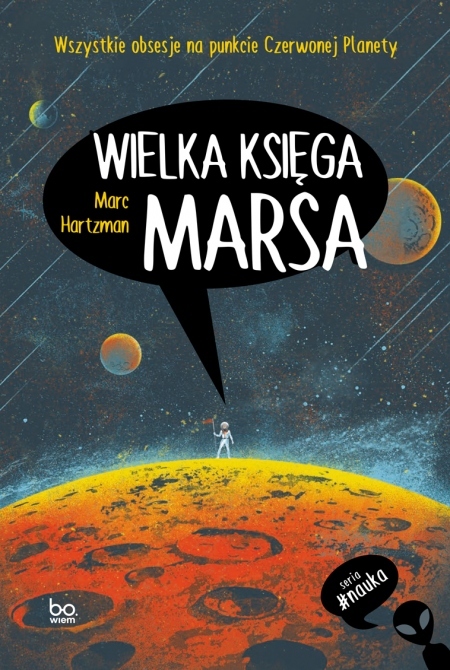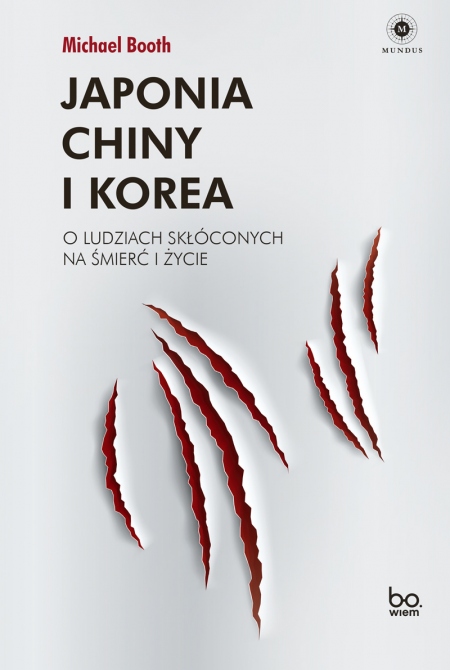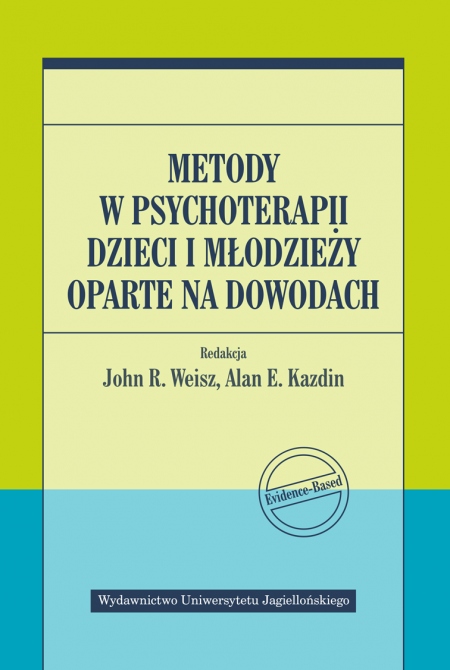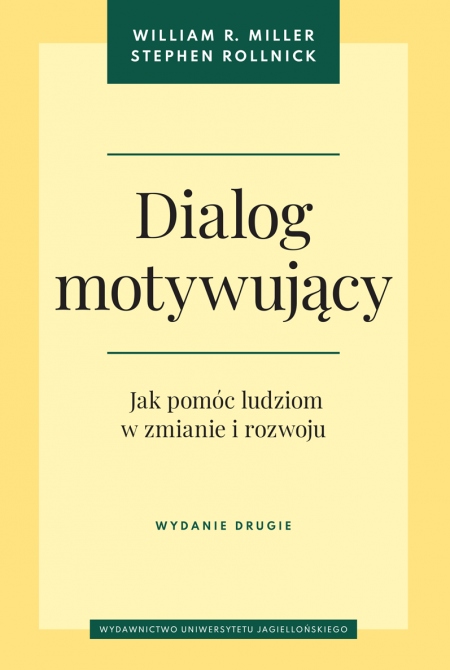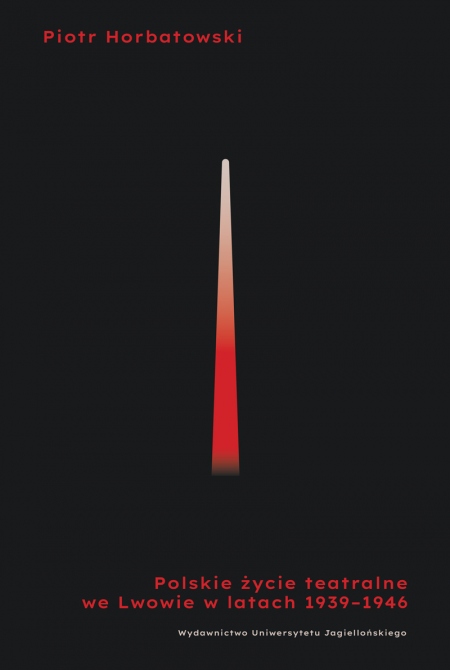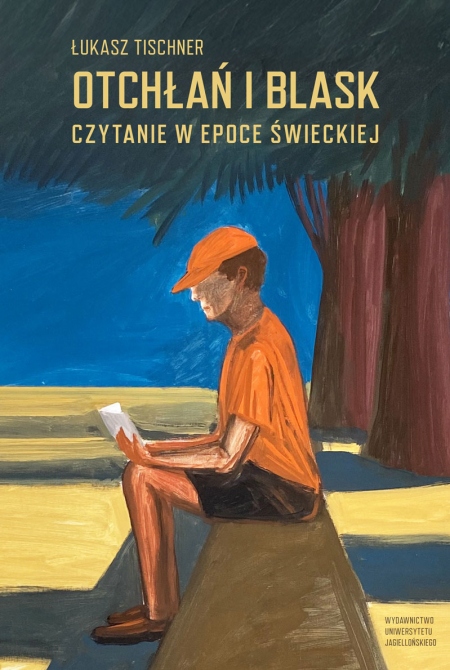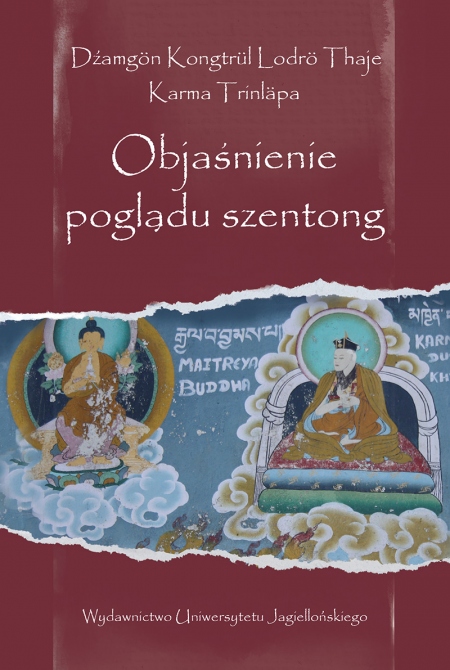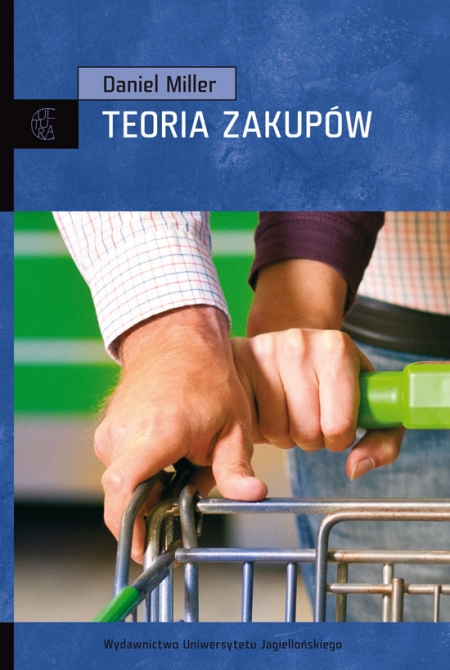
Teoria zakupów
Translation: Marek Król
Series: Cultura
Pages: 172
Book format: B5
Publication date: 2011
Release date: 31.10.2011
Book description
A Theory of Shopping
The butt of endless jokes and the focus of considerable anguish, shopping offers significant insights into contemporary social relations and their nuances. This book is about shopping for ordinary things. It is also about love and devotion manifest within families and about the nature of sacrificial ritual. A significant contributor to material culture studies, Daniel Miller is an acute observer and an exceptional storyteller. He approaches shopping not as an end in itself but as a means to discover what people's practices, closely observed, reveal about their relationships.
The ethnographic sections of the book are based on a year's study of shopping on a street in North London. This provides the basis for a sensitive description of how shoppers develop and imagine the social relationships most important to them through the medium of selecting goods. Among the characteristics of these shopping expeditions are the concept of "the treat," and the centrality of thrift. Miller juxtaposes on his account of shopping various theories that anthropologists have brought to bear on the ritual of sacrifice, including that of the French philosopher George Bataille. He then integrates these elements to postulate his theory of shopping as sacrifice in terms as original and as utterly engaging as the stories he tells of individual shoppers.
The butt of endless jokes and the focus of considerable anguish, shopping offers significant insights into contemporary social relations and their nuances. This book is about shopping for ordinary things. It is also about love and devotion manifest within families and about the nature of sacrificial ritual. A significant contributor to material culture studies, Daniel Miller is an acute observer and an exceptional storyteller. He approaches shopping not as an end in itself but as a means to discover what people's practices, closely observed, reveal about their relationships.
The ethnographic sections of the book are based on a year's study of shopping on a street in North London. This provides the basis for a sensitive description of how shoppers develop and imagine the social relationships most important to them through the medium of selecting goods. Among the characteristics of these shopping expeditions are the concept of "the treat," and the centrality of thrift. Miller juxtaposes on his account of shopping various theories that anthropologists have brought to bear on the ritual of sacrifice, including that of the French philosopher George Bataille. He then integrates these elements to postulate his theory of shopping as sacrifice in terms as original and as utterly engaging as the stories he tells of individual shoppers.
Authors
Daniel Miller
Translation
Marek Król
ISBN: 978-83-233-3188-9
Country of producer: Poland
RECOMMENDED BOOKS
105.00
zł
84.00
zł
NEW BOOKS

Teoria zakupów
Choose chapters to buy:
Order value:
0.00 zł
